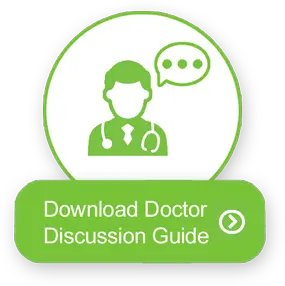
Self-care is a broad, yet important concept that can best be described as the mindset, activities, and habits we practice to combat stress, unhappiness, illness, depression and other negative emotions. However, when you live with a mental illness, self-care can sometimes feel unattainable. It’s important to note that lack of self-care is not due to laziness, rather, mental illnesses like depression merely leave you feeling physically and emotionally drained.
Thus, before your child can begin self-care practices, you must acknowledge and understand your child’s emotional state. It’s important to keep an eye out for depression-like symptoms, such as:
➢ Interference with energy, concentration, sleep, and appetite
➢ Loss of interest in activities and schoolwork
➢ Feeling tired
➢ Giving up easily or withdrawing from friends or family
➢ Feeling worthless, rejected, or unloveable
➢ Thoughts of self-harm or suicide

For many doctors, medications are the first choice for treatment because of the high level of effectiveness. The most common type of antidepressant medication prescribed for children are selective serotonin reuptake inhibitors (SSRIs) which affect levels of serotonin in the brain. However, finding the right remedy of medications can be a time-consuming process. Talk to your child’s doctor about genetic testing that analyzes DNA to better understand which medication can be most effective based on your genetic makeup.
Although medications are an effective way to relieve symptoms of depression, they are not the be-all and end-all when it comes to treatment. Other self-care options can include therapy, exercise, dietary changes and communication, which can all be effective treatment options alone or when paired with medication. Consider the following self-care practices for your child:
➢ Communication and Support
- The National Alliance on Mental Illness (NAMI) encourages parents to teach their children how to talk about their feelings. Provide them with conversation cues such as, “I haven’t felt right lately and I don’t know what to do. Can I talk to you about it?” or “I’m having a really hard time lately, will you go with me to see someone?” The more you cultivate an environment of open communication and trust, the easier it is for children to be open to achieving help.
➢ Lifestyle Changes
- Regular exercise can be an effective approach for depression treatment. Exercise increases serotonin and endorphins – the neurotransmitters responsible for your happiness. Exercises as simple as going for a walk can be an easy and inexpensive way to boost your mood.
- Eating well is also important for both physical and mental health. Teaching children to eat well-balanced meals throughout the day will help keep their energy levels up and minimize mood swings.
These tips offer children ways to problem solve when coping with depression and other mental illnesses if and when they struggle with reaching out for support. Being aware of symptoms and following best self-care practices are climactic in improving your child’s mental health.
Thank you to Jumo Health for sharing this blog post.
Our articles are for informational purposes only and are reviewed by our Medical Information team, which includes PharmDs, MDs, and PhDs. Do not make any changes to your current medications or dosing without consulting your healthcare provider.
The GeneSight test must be ordered by and used only in consultation with a healthcare provider who can prescribe medications. As with all genetic tests, the GeneSight test results have limitations and do not constitute medical advice. The test results are designed to be just one part of a larger, complete patient assessment, which would include proper diagnosis and consideration of your medical history, other medications you may be taking, your family history, and other factors.
If you are a healthcare provider and interested in learning more about the GeneSight test, please contact us at 855.891.9415. If you are a patient, please talk with your doctor to see if the GeneSight test may be helpful.





